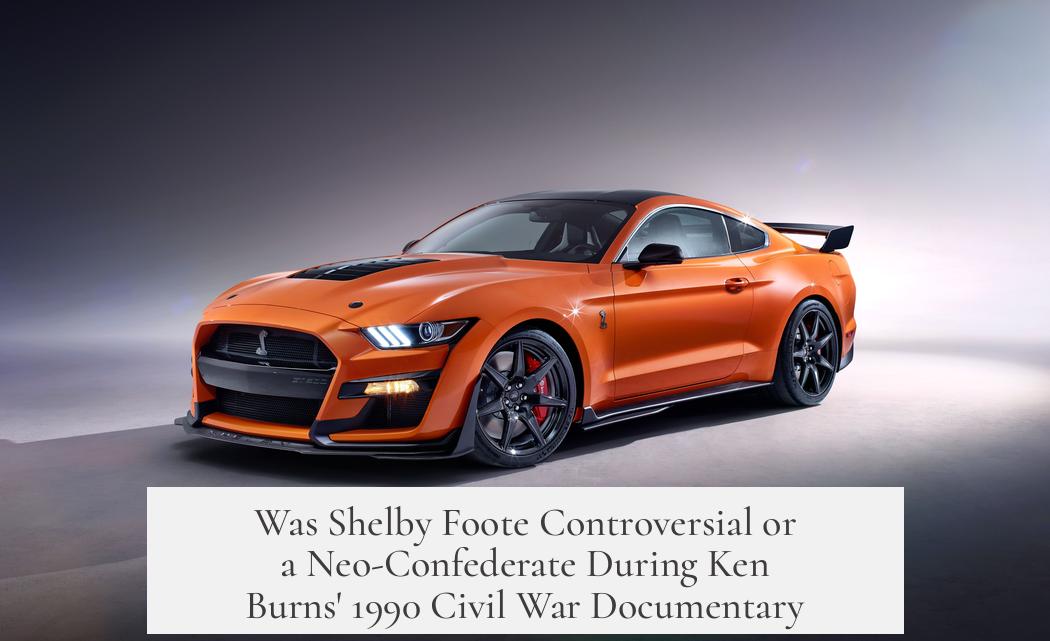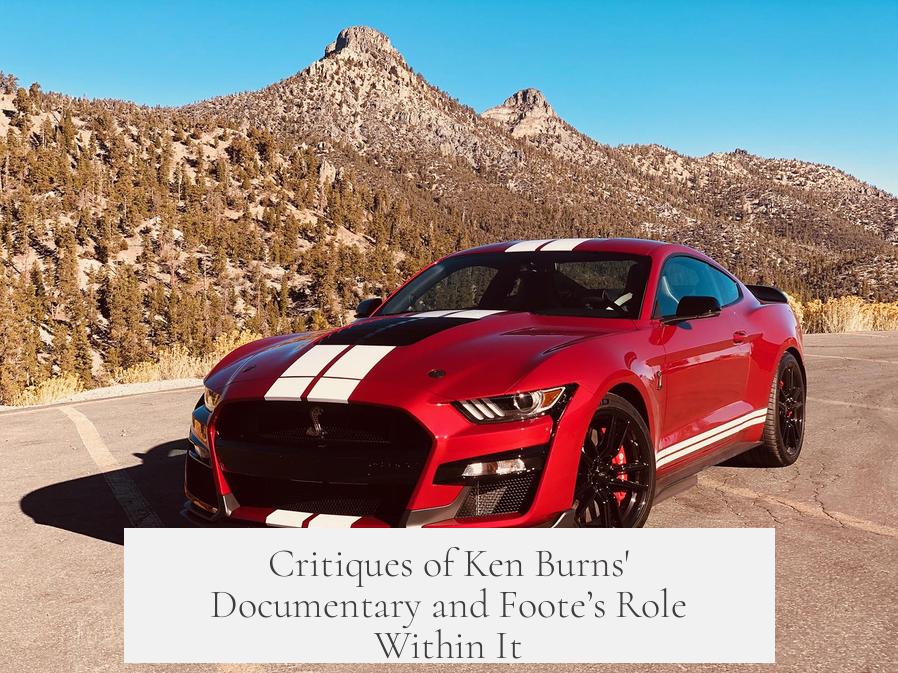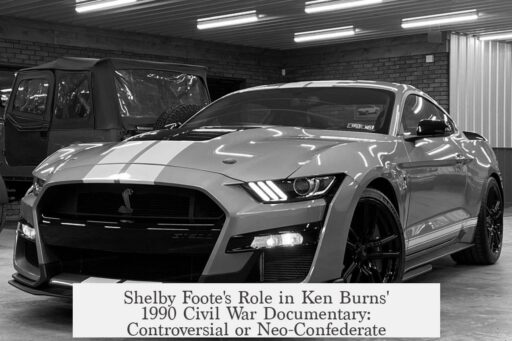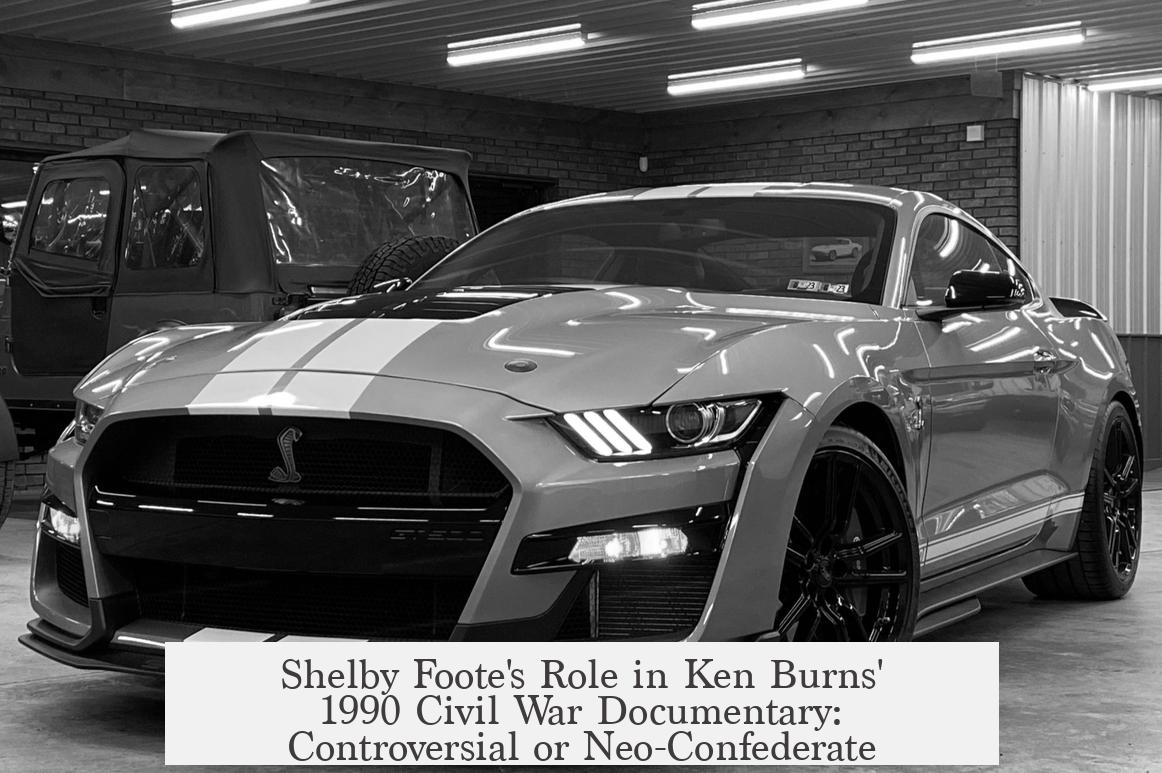Shelby Foote’s role in Ken Burns’ 1990 documentary “The Civil War” was not widely labeled as controversial or neo-Confederate during its release, but his portrayal and perspective have sparked debate in historical circles since. Foote brought a distinctive Southern voice and narrative style to the series, driven more by his novelist background than academic historiography. He emphasized the heroics of generals and often adopted a “let bygones be bygones” approach aligned with Lost Cause narratives.
Ken Burns selected Foote primarily for his compelling Memphis accent and storytelling ability, which added emotional depth to the series. Foote was a Southern gentleman shaped by the mid-20th century’s more forgiving views on the Confederacy. This influenced his presentation, focusing less on slavery’s role and more on the valor of military figures.
Historians and critics later pointed out that Foote’s perspective echoed themes common to neo-Confederate ideology without full acknowledgment of its implications. His reluctance to center slavery as the war’s cause reflects earlier, less critical interpretations typical of his era and audience. This attitude contrasts with current scholarly consensus emphasizing slavery and systemic racism as central causes and legacies of the Civil War.
Burns’ documentary overall received praise for bringing the Civil War to wide audiences but also faced scrutiny for these historical blind spots. In forums and academic discussions, Foote’s presence is seen as both a strength and a limitation, embodying a romanticized Southern narrative. Critics argue that while Foote added narrative richness, he also perpetuated an incomplete historical memory.
In summary:
- Shelby Foote was chosen for narrative skill and Southern voice, not for a strict historical framework.
- He embodied Lost Cause themes, focusing on military heroism rather than slavery.
- Foote’s views align partially with neo-Confederate perspectives, though controversy mainly arose later with historical reevaluation.
- Ken Burns’ documentary elevated public interest but also highlighted the need for critical historical scrutiny.
Was Shelby Foote Controversial or a Neo-Confederate During Ken Burns’ 1990 Civil War Documentary?

When Ken Burns made his landmark Civil War documentary in 1990, the question arises: was Shelby Foote, the Southern novelist and historian featured prominently, seen as controversial or a neo-Confederate? The simple answer is: Foote was neither broadly labeled a neo-Confederate nor widely viewed as a controversial figure in the moment the documentary aired. However, his portrayal and perspectives, deeply rooted in a Southern literary and cultural tradition, did raise nuanced questions later.
Let’s unpack this carefully.
Shelby Foote: The Memphis Voice Behind the Documentary
Ken Burns, the mastermind behind the documentary, openly chose Ford based on several factors. To quote Burns himself, it was partly because of Foote’s “very beautiful Memphis voice.” In other words, Foote’s storytelling charm and distinctive Southern cadence gave the Civil War narrative a certain warmth and intimacy that resonated deeply with viewers.
Foote was, first and foremost, a novelist. He wrote historical novels rather than purely academic histories. This makes him somewhat of an outlier in the world of Civil War scholarship. Unlike professional historians who fight to keep up with the evolving interpretations of the war, Foote preferred a storytelling approach, blending facts with literary style. His focus was often more on the human drama and the heroics of the generals rather than the harsh realities of slavery and politics.
The Lost Cause Shadows: Foote’s Historical Perspective
Foote’s views reflected a “let bygones be bygones” attitude, which aligned closely with the Lost Cause narrative—a viewpoint that emerged after the Civil War, painting the Confederate cause as noble and the war as a tragedy over states’ rights rather than a fight to sustain slavery.
This perspective was much more acceptable to readers and audiences in Foote’s earlier years. While today such views attract serious criticism for downplaying or ignoring the central issue of slavery, in his time, this interpretation was mainstream, especially among Southern audiences.
So, while Foote didn’t openly champion neo-Confederate ideology as defined in more recent terms, his views undeniably echoed elements of that tradition. His reluctance to deeply engage with the institution of slavery’s role can seem problematic, especially through a modern lens.
Critiques of Ken Burns’ Documentary and Foote’s Role Within It

Burns’ documentary, while critically acclaimed and beloved by many, attracted its share of critique. Some historians objected to how it framed the South sympathetically, partly through Foote’s narration and tone. A summary of critiques can be found in discussions such as one by Maximus u/Georgy_K_Zhukov on Reddit’s AskHistorians forum, which dives into how Burns’ documentary was received by scholars.
These critiques often mention Foote—not necessarily as a villain, but as a symbol of a certain storytelling style that emphasizes romanticism and valor while sidestepping deeper systemic critiques. A particularly detailed analysis by the same forum user explains that Foote’s narrative style and ideological leanings reflected a mid-20th century Southern view rather than a rigorous, contemporary historical analysis.
Practical Takeaway: Understanding Shelby Foote Today
If you sit down today to watch the documentary, keep this in mind: Foote’s stories enchant because of his compelling voice and vivid descriptions, not because he provides a full critique of the Civil War’s causes or consequences. His legacy is primarily as a gifted storyteller, not as a radical revisionist or neo-Confederate agitator.
For modern viewers and learners, it’s critical to question and supplement what you hear with current historical scholarship. Being enchanted by Foote’s voice should not mean accepting all his interpretations uncritically.
Comparing Foote to Controversial Figures
Is Foote like the fiery neo-Confederates you might see today, waving flags and promoting racial resentment? No. His approach was more subtle, embedded in cultural memory rather than political activism. This subtlety makes him less combustible but more slippery—making it harder for audiences to pinpoint his ideological stance without reflection.
Many people associate neo-Confederate views with overt attempts to revive Confederate symbolism and oppose civil rights. Foote’s popularity and presence in a widely respected documentary helped normalize a softer version of Confederate nostalgia without overt controversy.
Should Ken Burns Have Chosen a Different Narrator?

This is a fair question. Could Burns have selected a different historian, maybe one with a more explicitly critical approach to slavery and the Confederacy? Possibly. However, from a storytelling perspective, Foote’s narrative power brought the Civil War to millions in a unique and memorable way.
Burns’ decision came with trade-offs. Foote’s presence shaped the documentary’s tone. Some argue it undercut the harshness of the war’s causes. Others appreciate the humanism Foote brought. Ultimately, it’s a judgment call involving history and art.
Final Thoughts: Shelby Foote’s Legacy in 1990 and Beyond
“In 1990, Shelby Foote was neither a mainstream neo-Confederate nor a flashpoint controversy; rather, he was a Southern novelist chosen for his narrative gift who embodied a historical perspective now seen as outdated and sometimes problematic.”
For history buffs and new scholars alike, Foote is a figure to appreciate with nuance. His voice draws listeners, but his views demand scrutiny. The Civil War, after all, is a contested story—one told many ways.
Are we satisfied hearing the story only through the Southern novelist’s lens, or do we need to explore multiple voices? That’s the real question Shelby Foote’s role in Ken Burns’ documentary invites us to consider.
Curious? Use Foote’s storytelling as a starting point. Then dive into fresh scholarship that centers emancipation, enslaved peoples’ perspectives, and the complexities of Reconstruction. That’s the best way to honor history and gain a full understanding of one of America’s defining conflicts.




